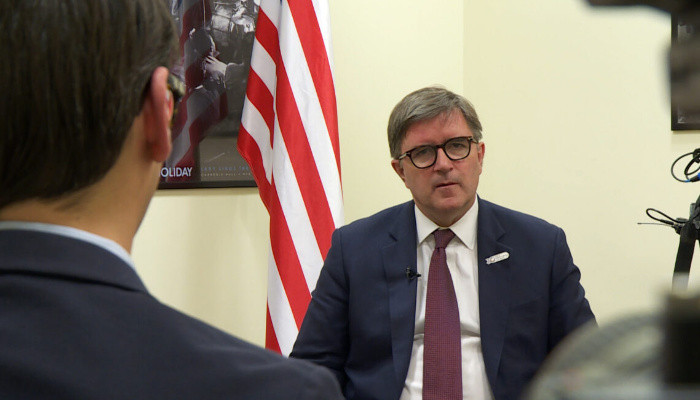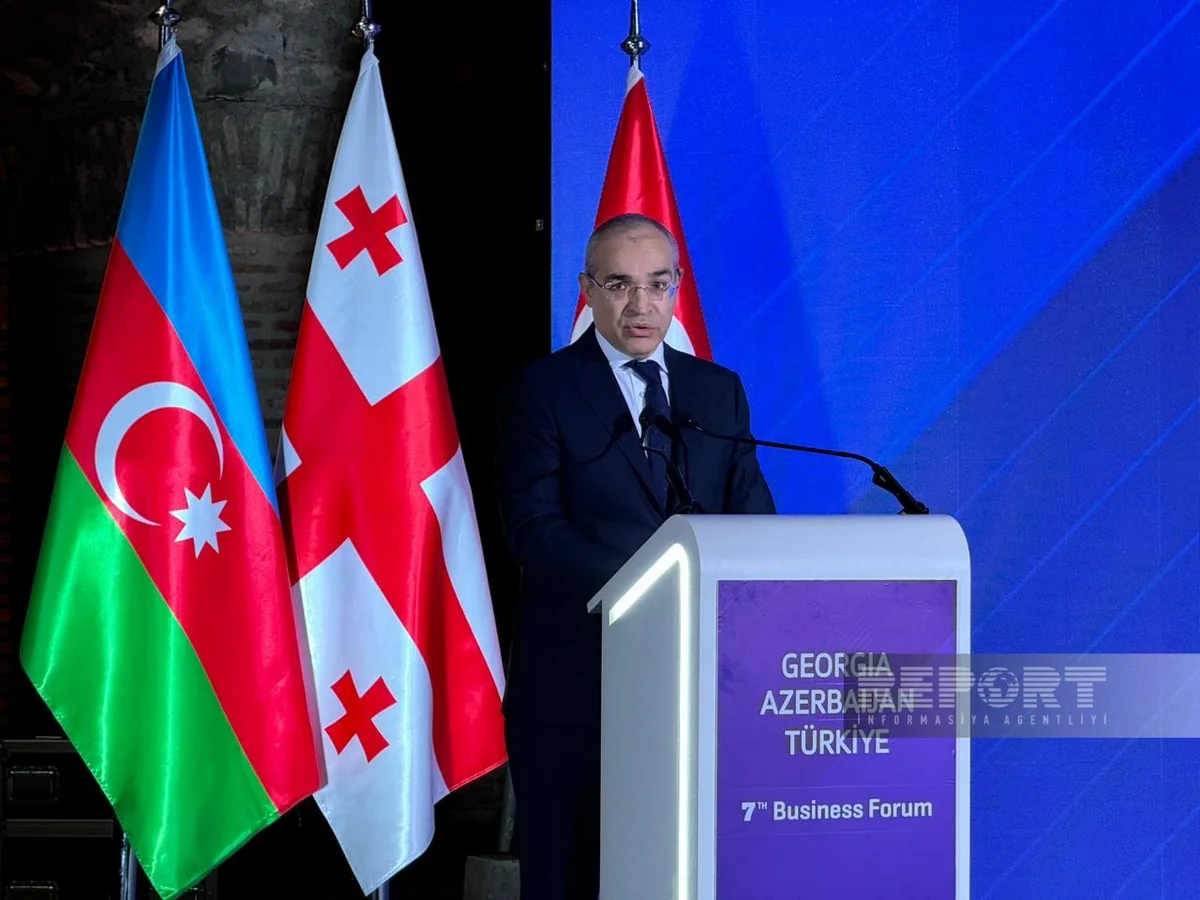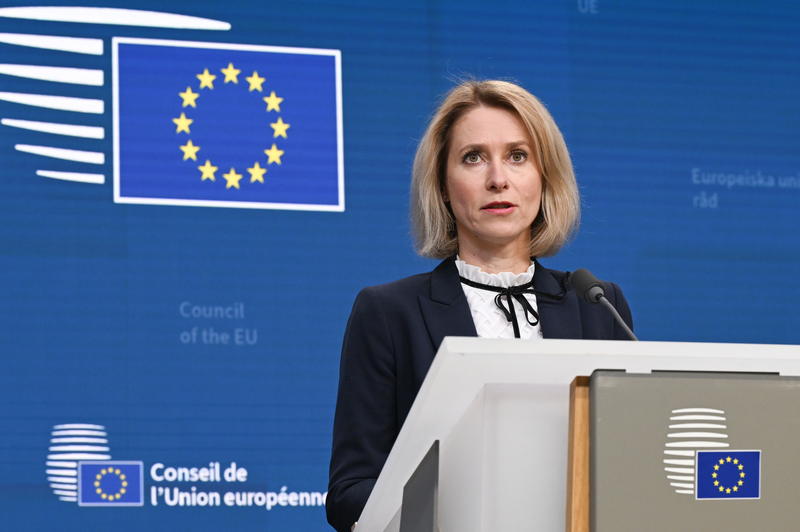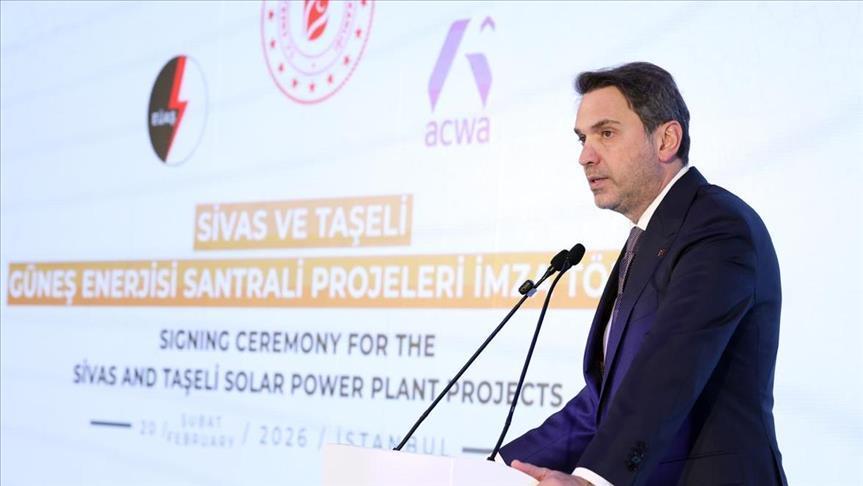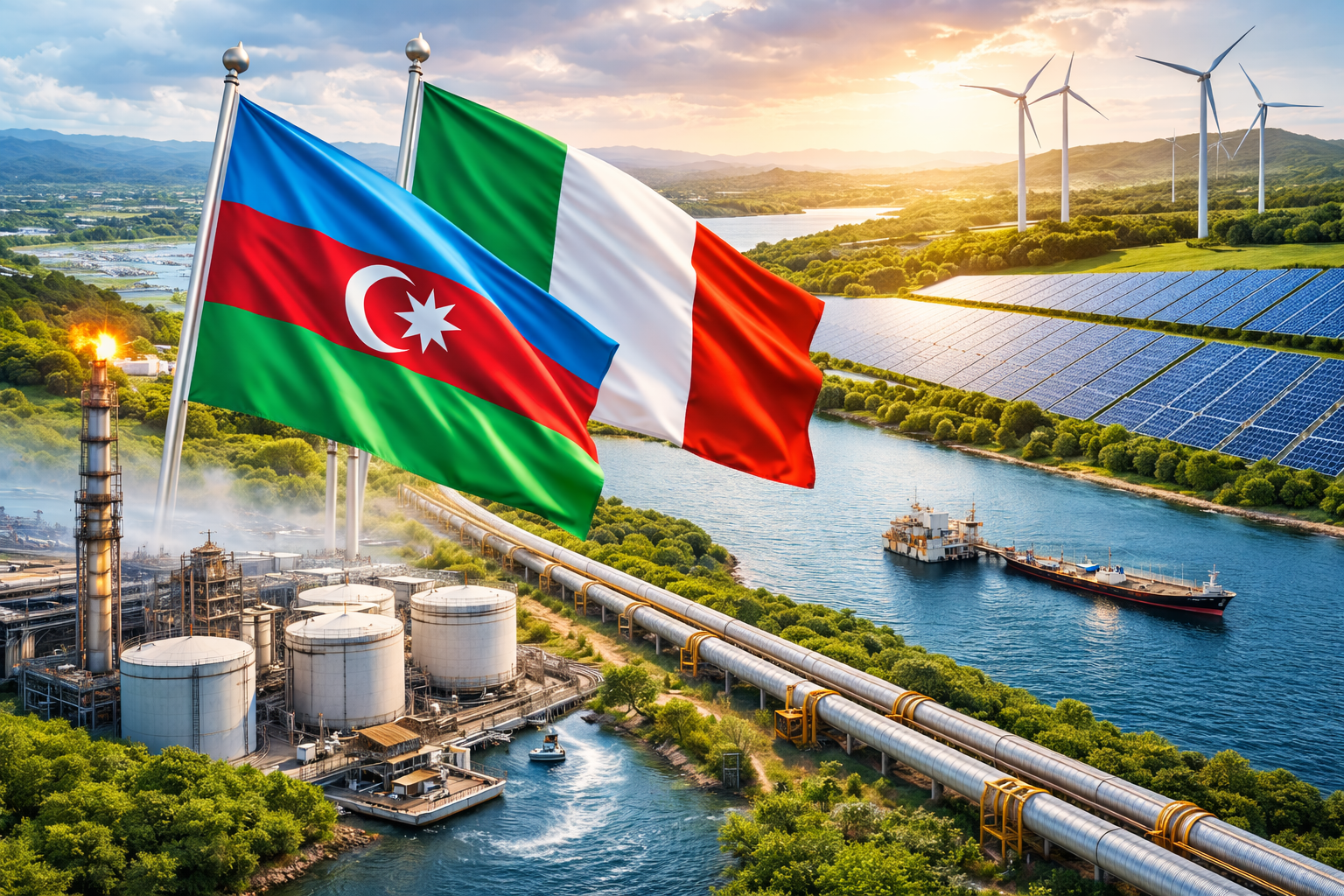Assistant Secretary of State for European and Eurasian Affairs, US Department of State James O’Brien, speaking at the German Marshall Fund event Europe Whole and Free: Priorities for 2024 on January 25.
James O’Brien that the US sees Georgia as a “critical security partner for the Black Sea”. Assistant Secretary of State for European and Eurasian Affairs, US Department of State, spoke about the importance of the upcoming 2024 parliamentary elections. He also praised the Georgian government for its efforts to prevent sanctions’ circumvention.
“In Georgia, you have got these very important parliamentary elections this year and we strongly supported international election observer mission. We’re going to be working with that mission, and with really vibrant civil society in Georgia to see that election goes well, because what we know is [that] more than 85% of Georgians continually say what they want is reform and entry into the EU. That’s what we have to stand with.” He also noted that the Georgian government has “really put in an effort at reform measures, particularly over the last months and we appreciate what they’ve done,” James O’Brien said.
O’Brien added: “We appreciate what they’ve done on avoiding sanctions’ circumvention by restricting a lot of measures. I think there’s room to have to have a lot of optimism that Georgia will be a key contributor in that environment.“
Speaking about Georgia’s role in the region and in the security context of the Black Sea, the Assistant Secretary of State stressed that the Black Sea “is managing even more of the global trade, critical minerals, grain, all kinds of items.”
He predicted that the “Black Sea will end up with LNG connections between Geo and Romania, a number of undersea cables for electricity, communications and so on…” Stressing that the density of economic engagement is expected to increase in the Black Sea he added: “We need to make sure that’s protected and that the rules of engagement across that wide range of countries are pretty clear to everyone, including to Russia.”
Assistant Secretary O’Brien spoke about global challenges, Euro-Atlantic relations, Russia’s war in Ukraine, technological development and other issues. He devoted a large part of his speech to developments regarding the EU membership prospects of the most recent candidate countries. In particular, he stressed that “over the last decade, there have been a number of states that may have been on a path to Europe but not a clear prospect of moving toward it, and there were other states that were sort of half between Russia and the US, and that goes from the shores of the Caspian and even Central Asia all the way through to the Adriatic.”
Calling this state of affairs “a serious problem” he said that “this grey space allows politicians to flourish who love to be just outside of the rules.” O’Brien stressed that it is necessary to “change their political incentives” and welcomed in this context “the EU’s decision to begin accession talks with nine countries.” He said the US “strongly support this” and is “linking the instruments we have in support of reforms needed for all these states and to find the future as part of the single market and the EU.”


